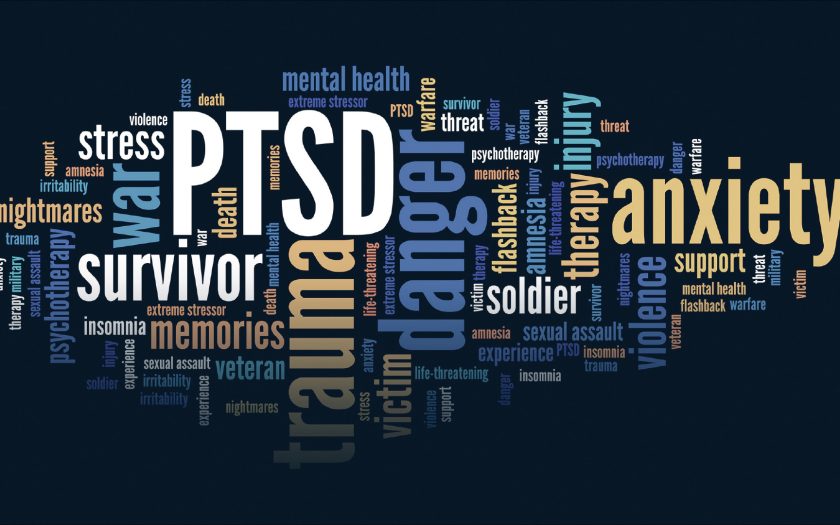-
Do not raise your voice or yell at the person with PTSD.
A shout can trigger memories of traumatic events, leading to flashbacks—reliving the trauma. This can cause intense anxiety and panic attacks. Moreover, those who have experienced certain traumatic events may perceive a shout as a threat or act of violence, which disrupts their sense of safety. They may feel helpless, frightened, or even find themselves reliving unpleasant memories. Instead of shouting, it’s important to communicate calmly, listen attentively, and create an atmosphere of trust and safety. This allows the person to feel supported and reduces the likelihood of re-experiencing traumatic emotions.
-
Do everyday tasks together.
When you do everyday tasks with a person, it helps them feel safe and lowers their anxiety levels. Performing familiar tasks together creates a sense of stability and support. It also helps restore routine and reintroduces organization into daily life. Therefore, try to spend time with a native person one who is trying to overcome PTSD, as it will contribute to their quicker recovery. Since simply carrying out everyday tasks together allows one to gradually return to normalcy and establish a daily routine.
-
Make plans for the future.
These conversations help the person regain a sense of control over their life. Since traumatic events often take away this sense, it is the act of planning for the future that gives a person the feeling that they can influence their own life. Talking about plans creates hope and motivates them to move forward, even if the steps are small. When you take the time for light yet meaningful conversations with someone who has PTSD, their condition will gradually begin to normalize. Therefore, it’s important to be mindful and find time in your daily routine to support those who need it.
-
Help the person understand the importance of seeking professional help.
In most cases, individuals with this disorder are unable to decide the visit a specialist on their own. Therefore, it is important to find the right approach and explain to the person that additional recovery methods will help them return to normal life more quickly. Specialists, such as psychologists or psychotherapists, have techniques that help address trauma, reduce its impact, and promote healing. Starting treatment at an early stage can prevent unpleasant consequences. Therapy provides tools to work with traumatic memories and emotions, improves quality of life, and helps the person return to normal functioning. Additionally, only a qualified specialist can, if necessary, prescribe the proper medical treatment (for example Aropax, Xet-30 (Paroxetine)) that will help them overcome the distressing condition faster.
-
Do not devalue a person’s feelings.
People with PTSD often feel vulnerable and doubt their emotions, so if their experiences are not taken seriously, it can lead to feelings of rejection and isolation. Devaluation of feelings can also lead to a loss of trust in loved ones, which complicates the treatment process. Acknowledging a person’s feelings creates a sense of security, which is important for a speedy recovery. If the seriousness of a close person’s condition is not taken into account, it can intensify their feelings of helplessness and shame.

